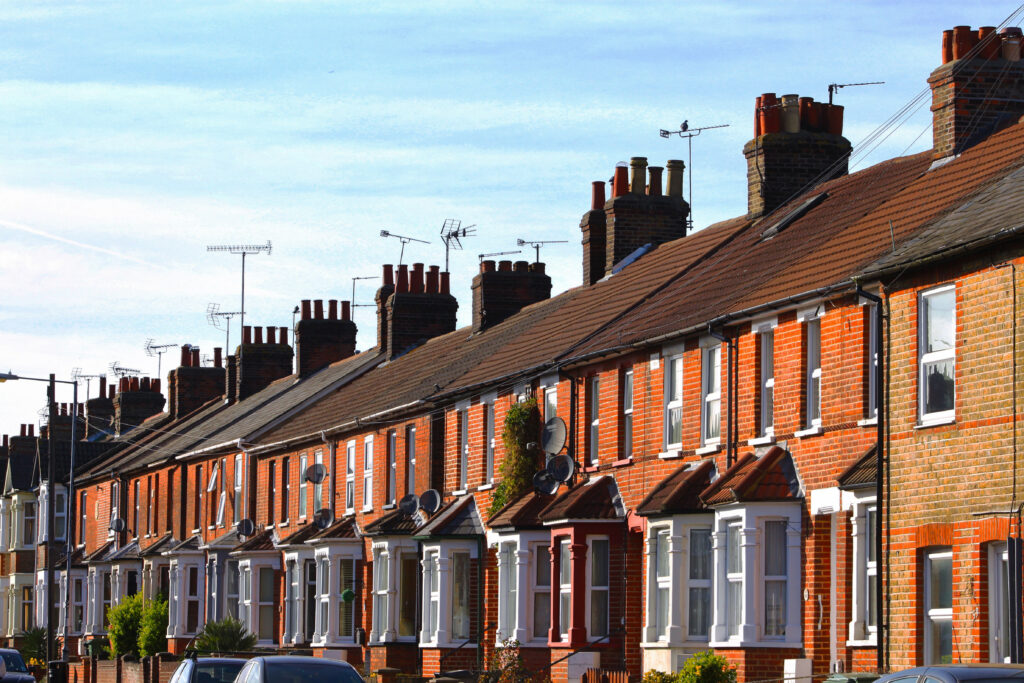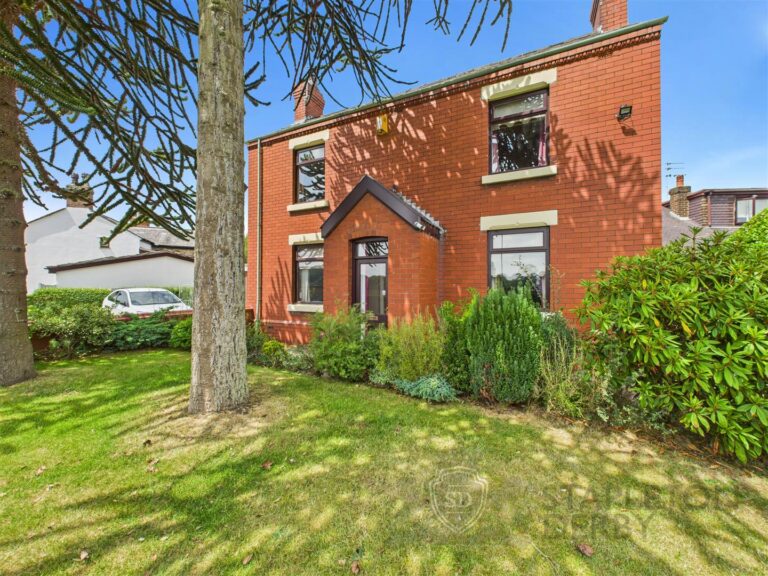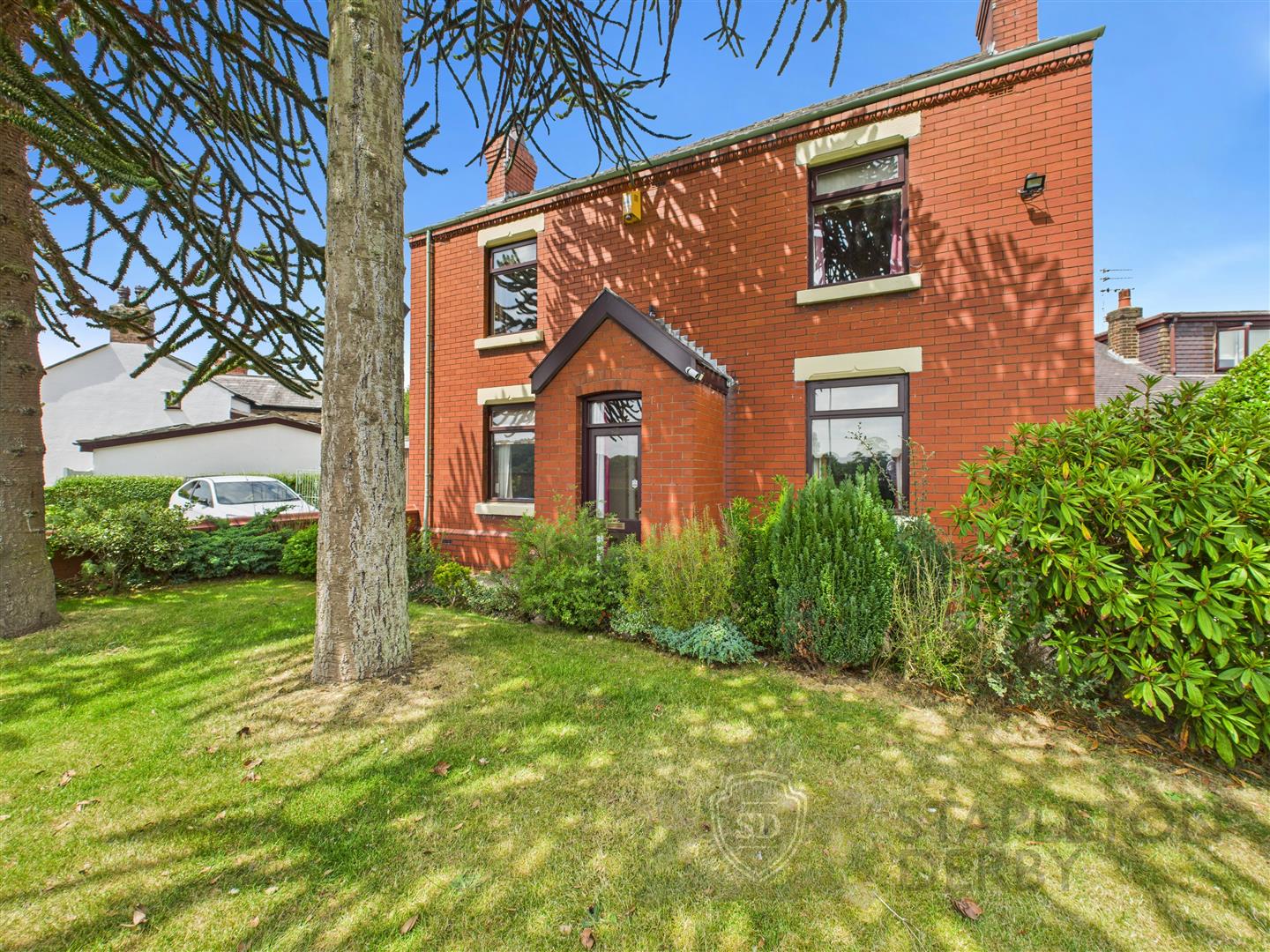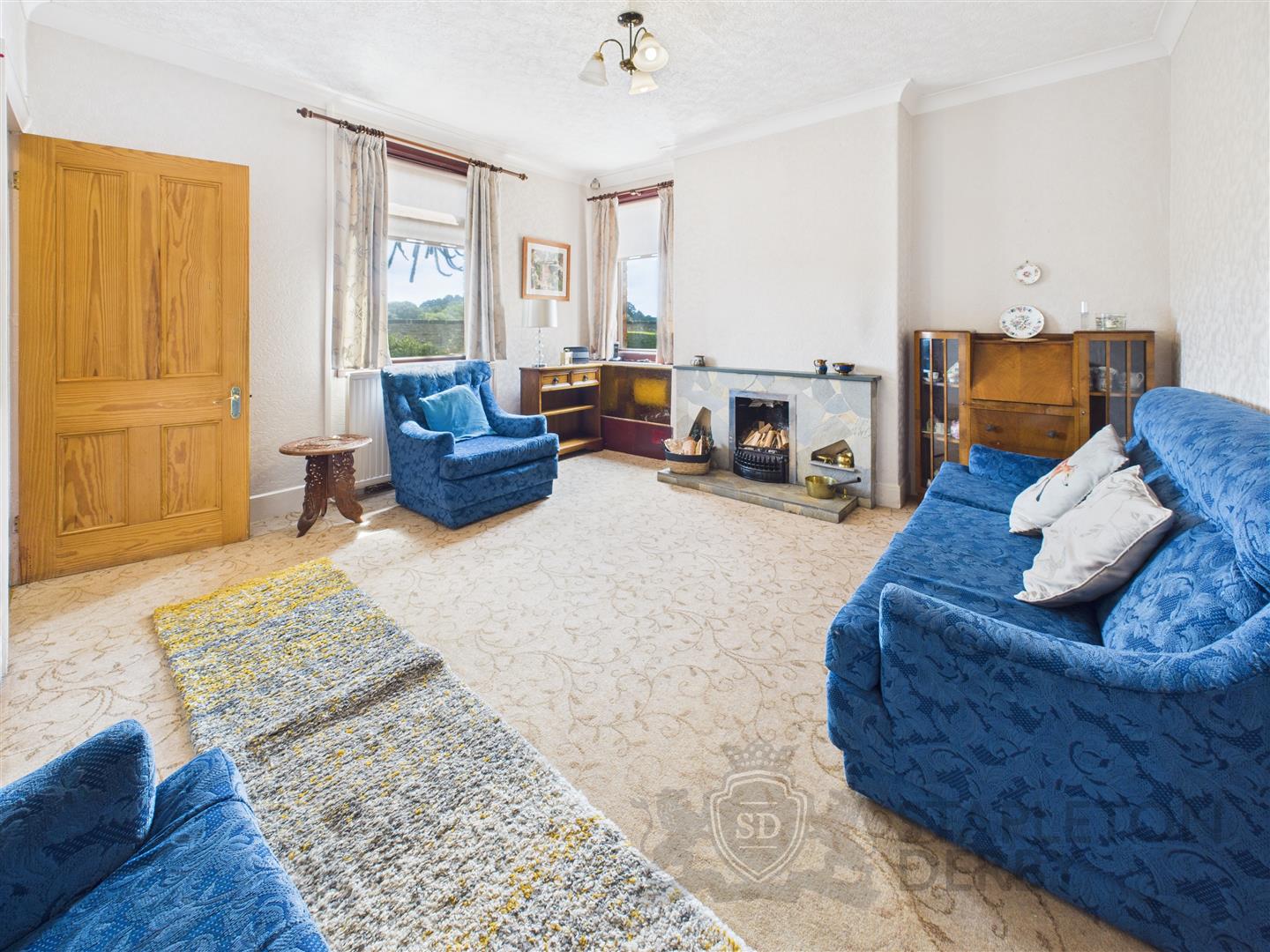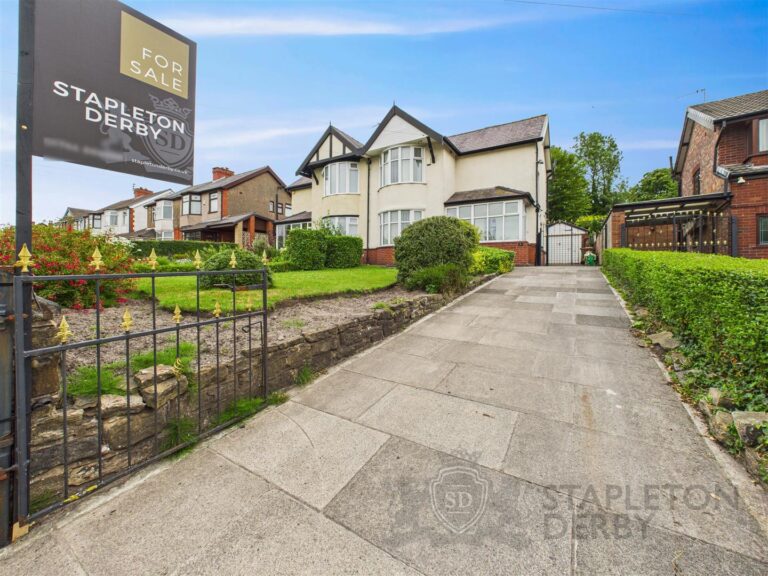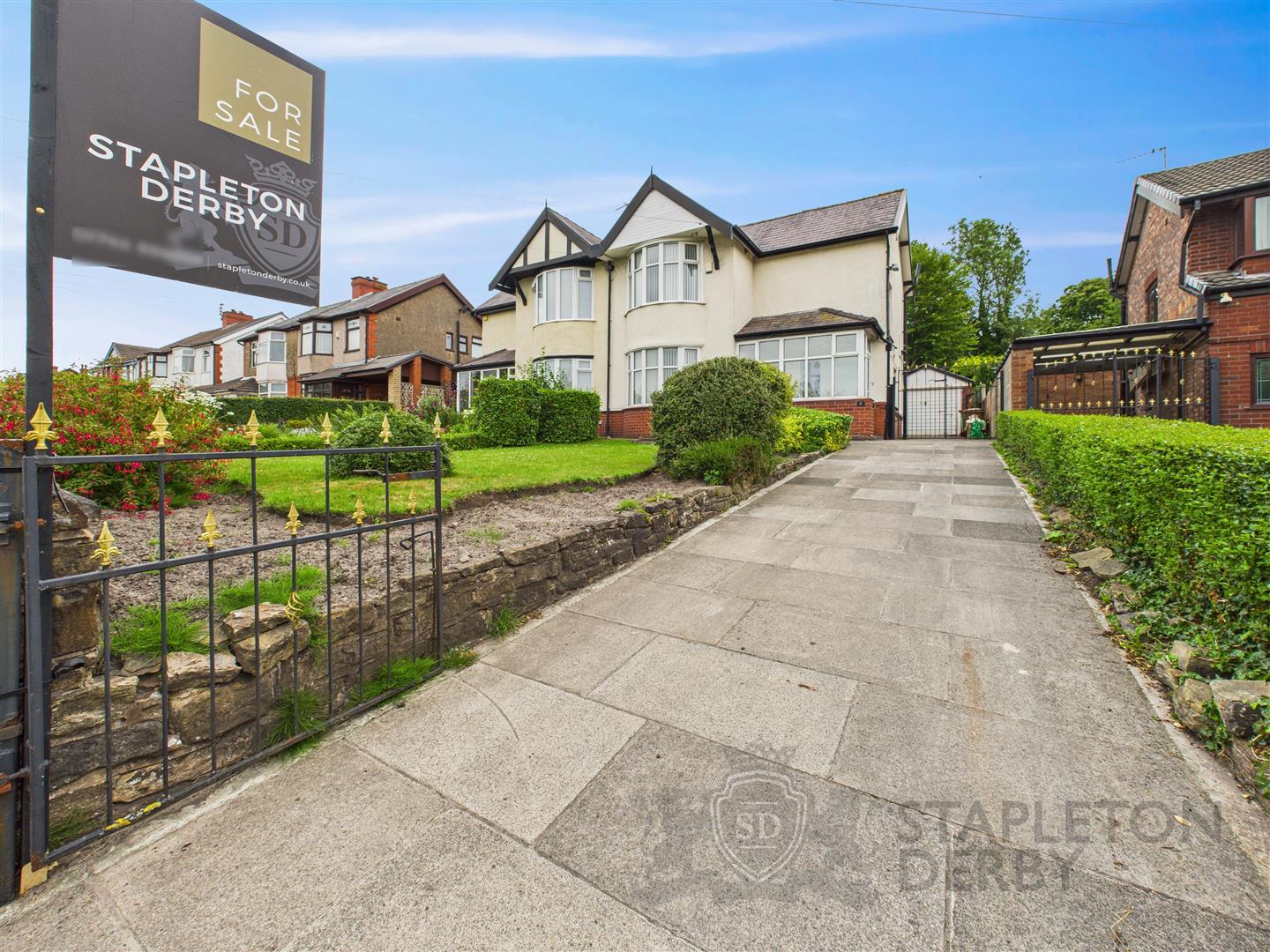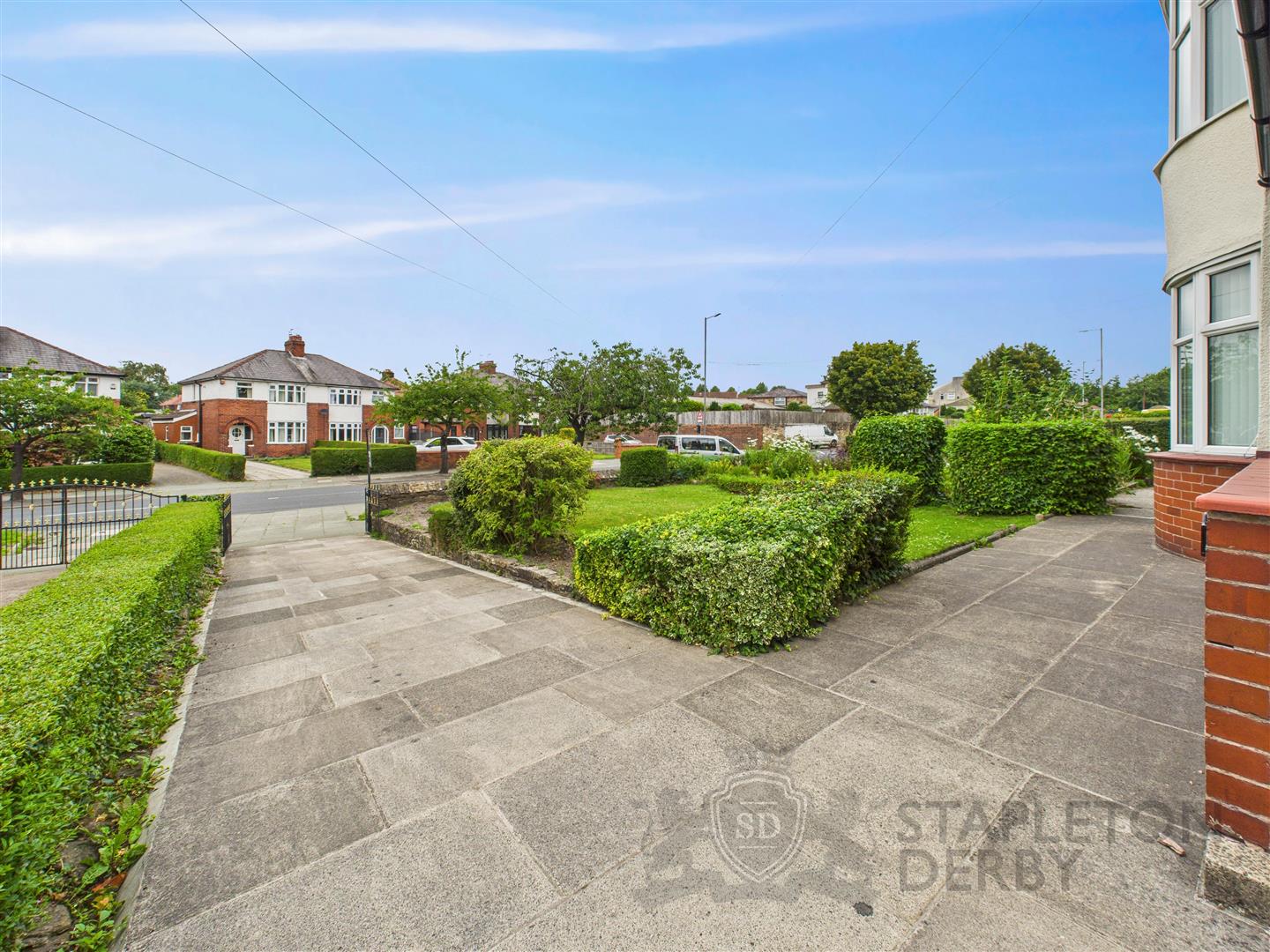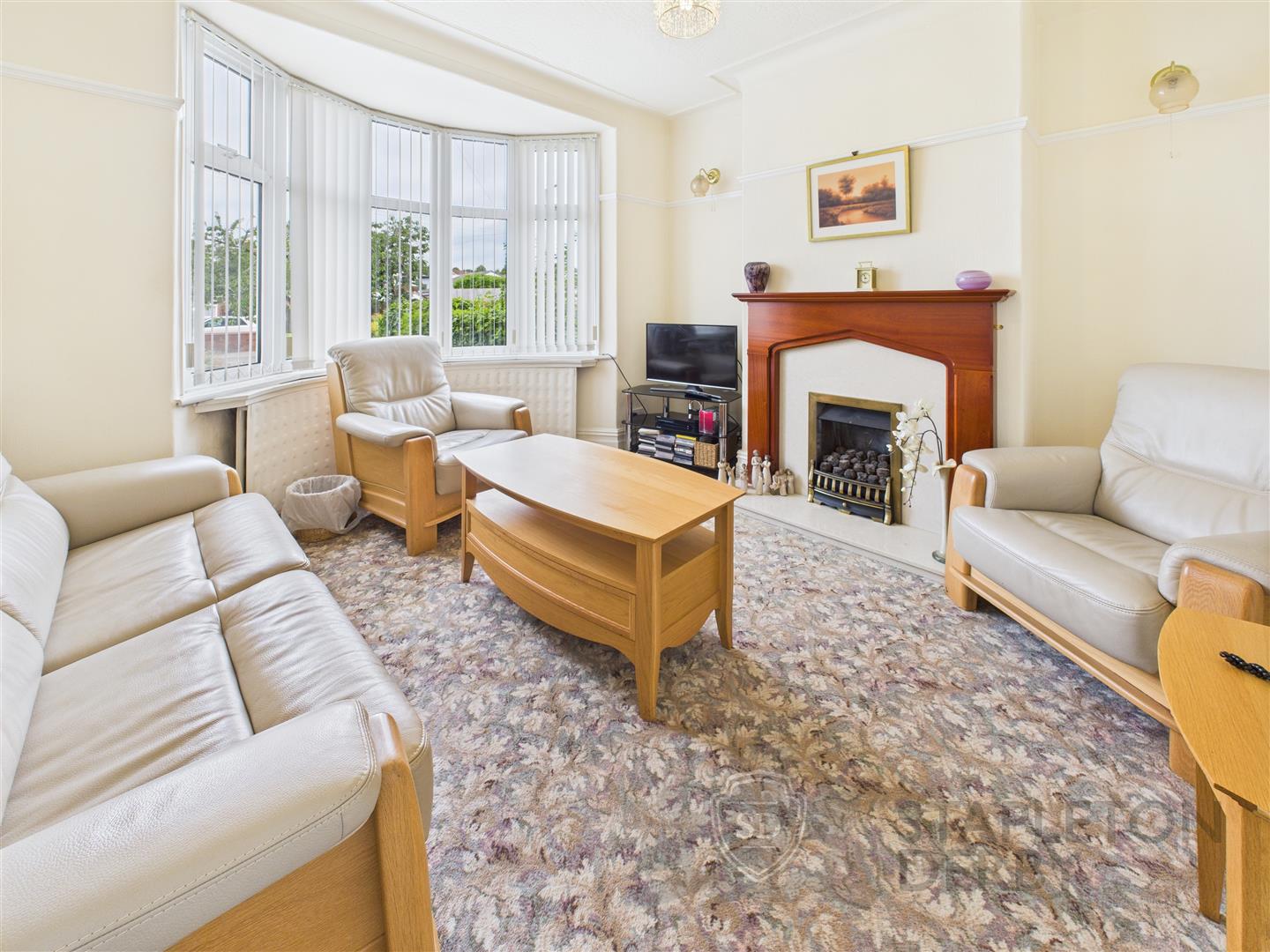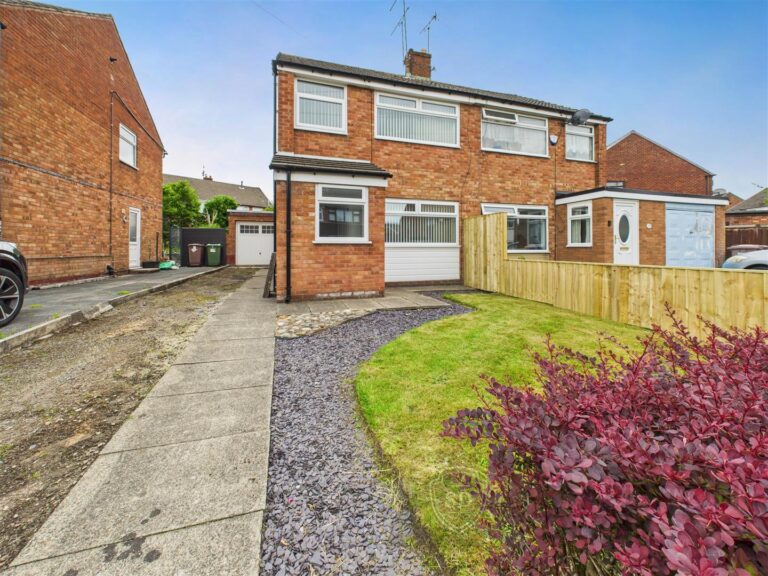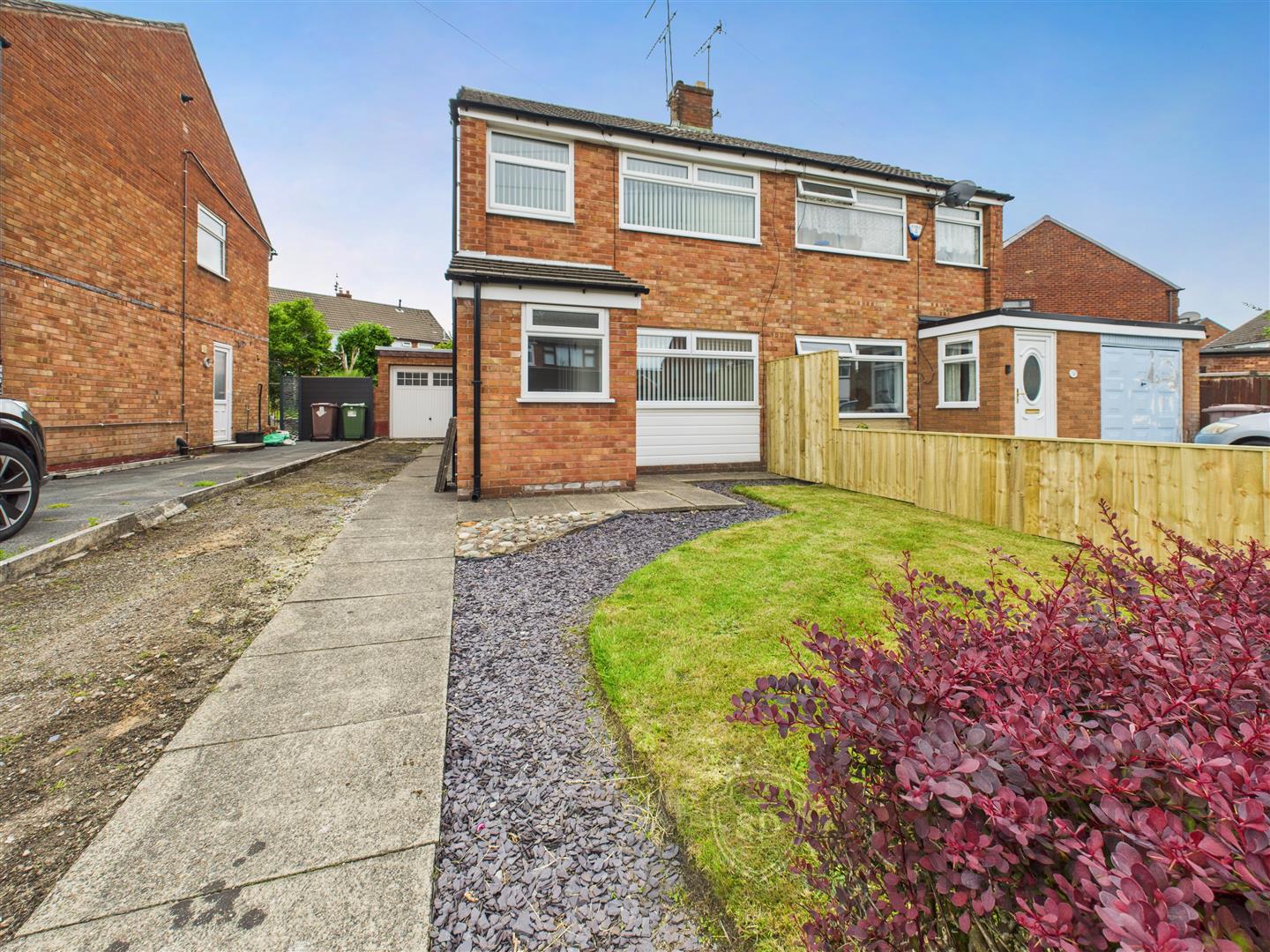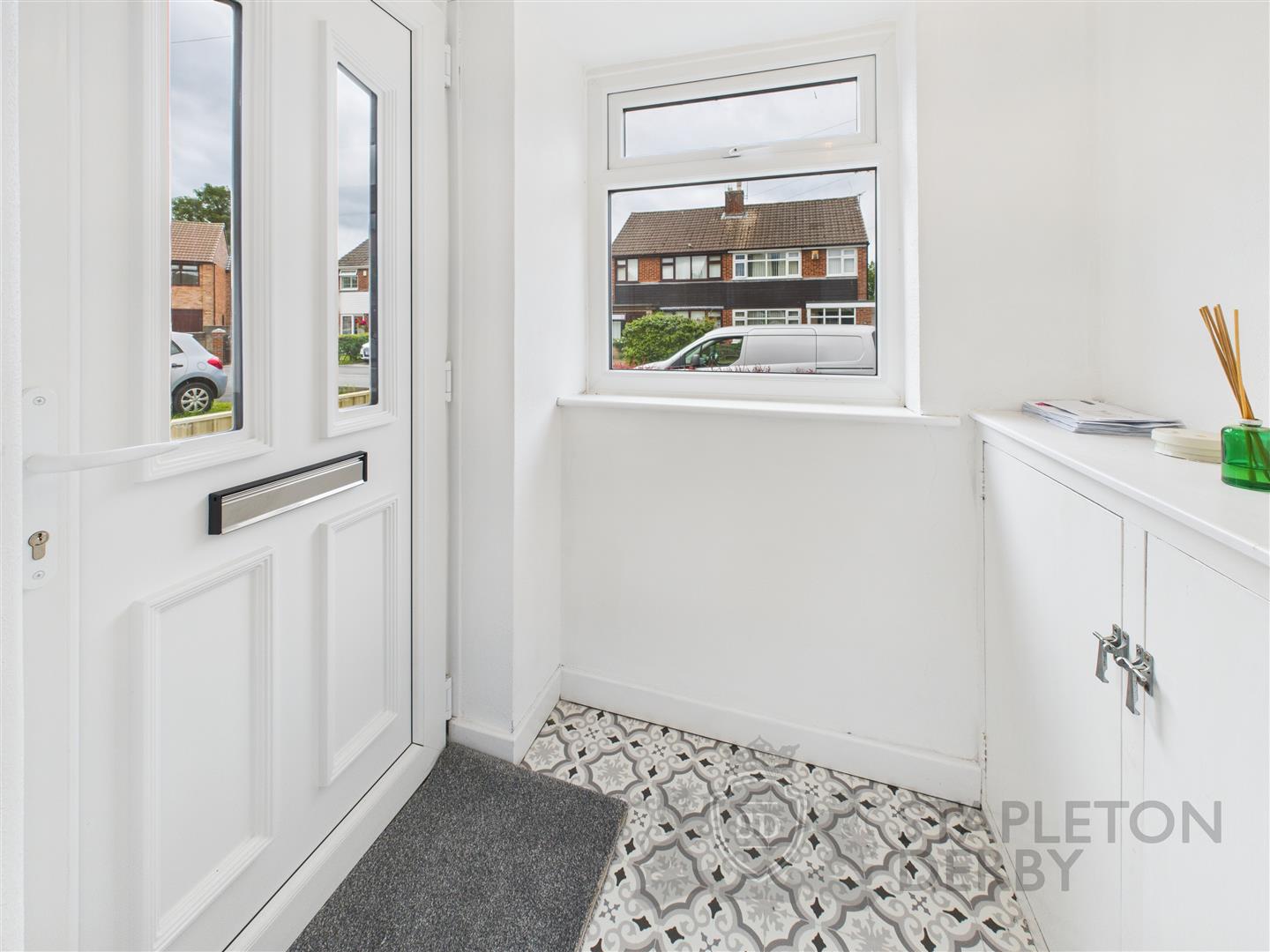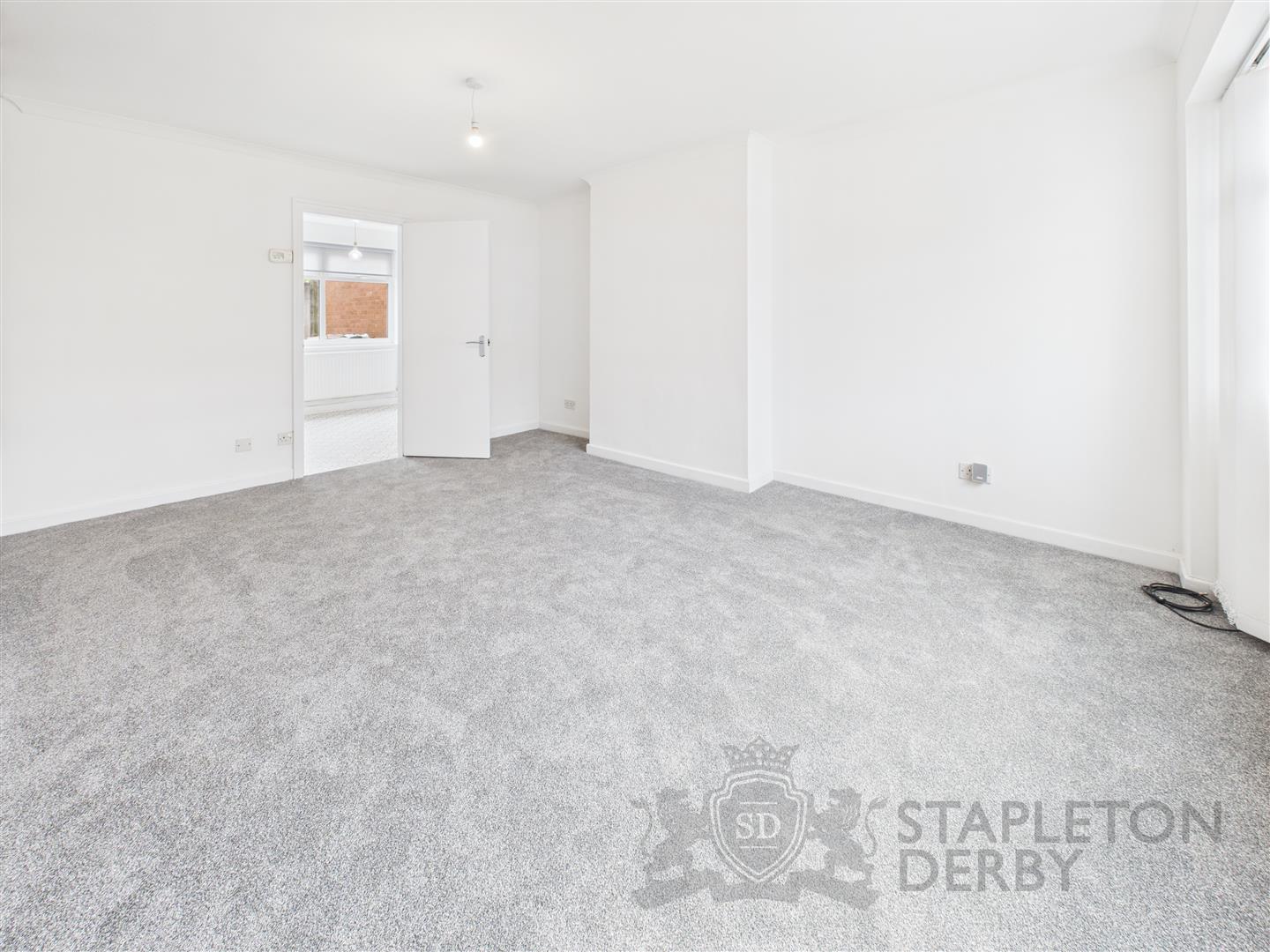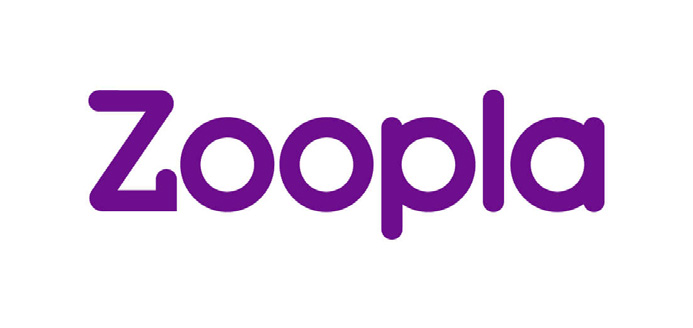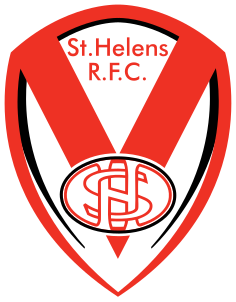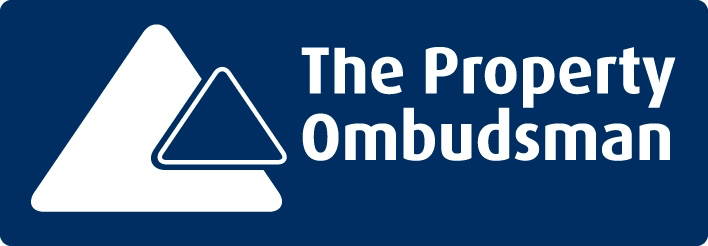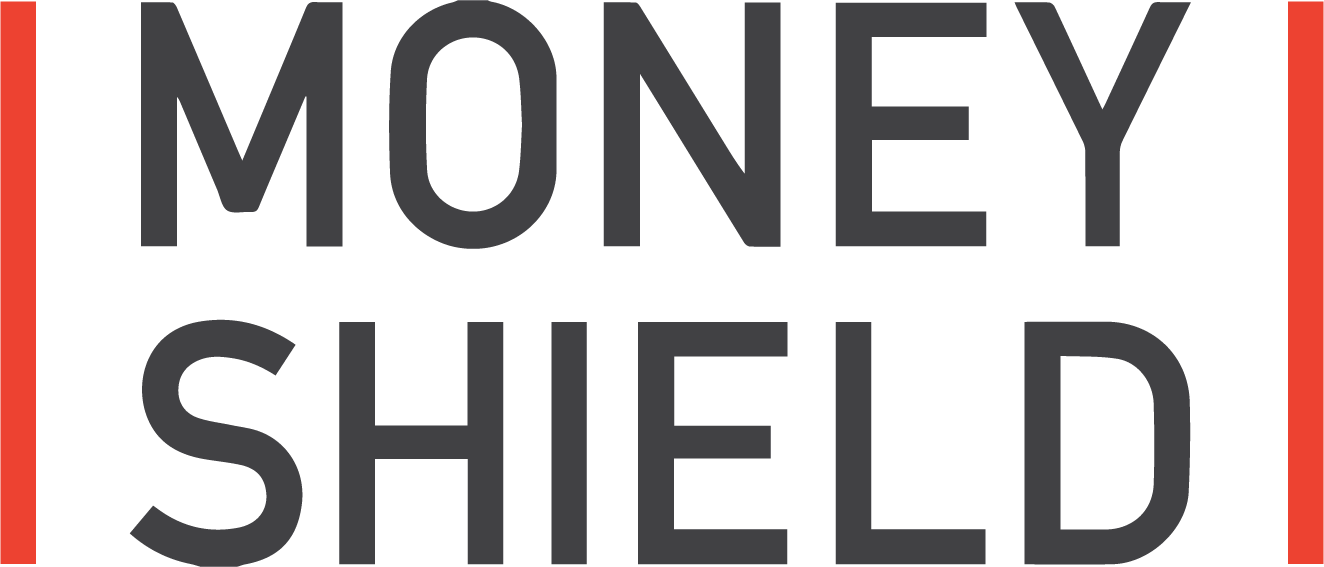One thing we get asked a lot by homebuyers is what’s the difference between freehold and leasehold?
This is a good question and something you definitely need to consider before completing a purchase.
So, let’s get into it.
What’s the difference between freehold and leasehold?
With a freehold property, you own the property and the land the property is built on, and they’re both yours until you decide to sell.
With a leasehold you own the property, but not the land it sits on. The land is owned by the person who owns the freehold on the space.
If you buy a freehold property you also take on responsibility for maintaining the garden and outside spaces associated with the property, as well as repairing any damage. You’re responsible for the costs too, but there are no additional fees.
If you have a leasehold property, you’re not responsible for the maintenance of the outdoor spaces or shared communal areas. These are the responsibility of the landlord or building managers.
Typically, leasehold properties incur a ground rent charge, but this was banned from June 30, 2022, following new legislation putting an end to this charge on most new residential leases.
Typically, freehold properties tend to be single homes, while leaseholds are reserved for flats. However, you do still find some leasehold homes and freehold flats, so you need to check with your estate agent.
Pros and cons of buying a freehold property or leasehold property
The main benefit of a freehold property is that you own the land as well as the property. This makes things like mortgages and remortgages a lot simpler to deal with.
There are also no ongoing fees to deal with these issues.
The potential downside is you have the responsibility for maintainence and repairs of the property’s outdoor space, including the costs.
With a leasehold you don’t have to worry about the upkeep of any outdoor or shared spaces because these are dealt with by the landlord or freehold owner.
There could be additional charges you’ll incur from the leasehold, so it’s important you check.
The other potential problem with a leasehold is that depending on how long is left on the lease, you could find it difficult to get a mortgage on the property, or struggle to remortgage down the line.
How does a leasehold work?
Essentially you rent the space the property sits on while owning the actual property.
Leases tend to last between 125 years and 999 years, depending what was agreed initially.
At the end of the lease term, new agreements need to be made, which can include increases in maintainence fees.
Depending how close you are to the end of the lease period, it could reduce the value of the property.
You might also struggle to get a mortgage or remortgage on a leasehold if there are less than 70 years on the lease. As a rule, most mortgage lenders will want to see at least 40 years of a lease left on your property from the end of your mortgage term.
This is so the value of the property doesn’t reduce during the loan term, which could impact a lender’s ability to get their money back if they needed to repossess the property.
Can you extend a leasehold before the end of the agreement?
If you’re struggling to mortgage or remortgage a property due to a short lease (or you just want the reassurance of a longer lease while you’re in the property), you can request an extension from the landlord.
When you’ve owned your property for two years, you can request an extension of the lease up to 50 years.
However, any extension is at the discretion of the landlord, and there could be a fee involved.
Can you buy the freehold on the property?
You can request to buy the freehold from the landlord if you want to.
However, depending on the situation, the landlord may not be willing to sell, and there’s no legal obligation for them to do so because they own the land.
If you’ve bought a flat, it can be especially difficult to then buy the freehold because your property sits within a larger building.
Is freehold better than leasehold
From a buyer perspective, it’s better to hold the rights to the freehold on the property.
For one, you have the reassurance that the property and land belong to you and, while you’re responsible for the upkeep, it’s still yours, and you can do what you please with it (within reason and provided it’s in line with planning laws).
You’ll also find it much easier to get finance on a house if you’re buying the freehold.
Got questions about buying your next property in St Helens?
Understanding the difference between a freehold and leasehold is just one thing to deal with when buying a property.
Don’t go it alone.
Get help from an expert team of estate agents who can guide you through the process and find the perfect house for you to turn into a home.
Want to find your perfect property in St Helens?
Call us today
